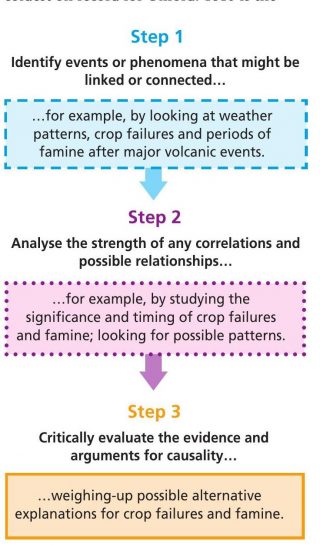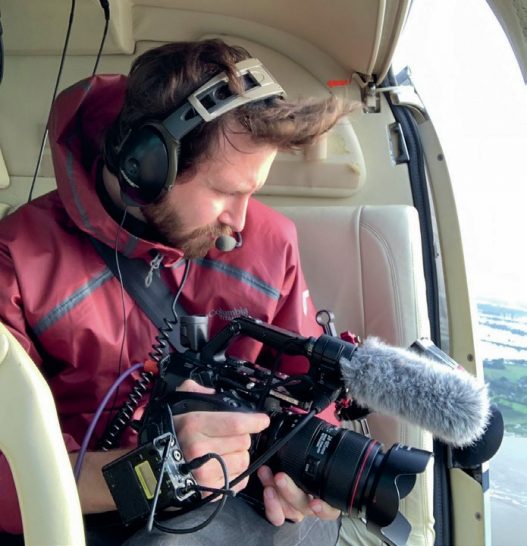
Health organisations estimate that each day 30,000 children under the age of five die in developing countries from treatable diseases such as diarrhoea and malaria. Riders for Health is an NGO based in the world motorcycle roadracing industry that provides healthcare workers with transport to reach their patients. ‘You can’t save a child if you can’t reach her,’ say Andrea and Barry Coleman, two of Riders’ founders.
Africa is a vast continent with a dispersed population, so reaching people to offer them healthcare often means travelling some distance. Millions of Africans lack the routine healthcare that we take for granted. UNICEF reports that 1 in 22 women in sub-Saharan Africa are likely to die from childbirth-related conditions, compared to 1 in 8,200 in the UK. Health workers normally travel on foot, or at best by bicycle or donkey cart, which limits the number of people they can see and means that much of their time is taken up with travelling. Riders for Health has helped health workers improve their productivity.
Your organisation does not have access to this article.
Sign up today to give your students the edge they need to achieve their best grades with subject expertise
Subscribe




